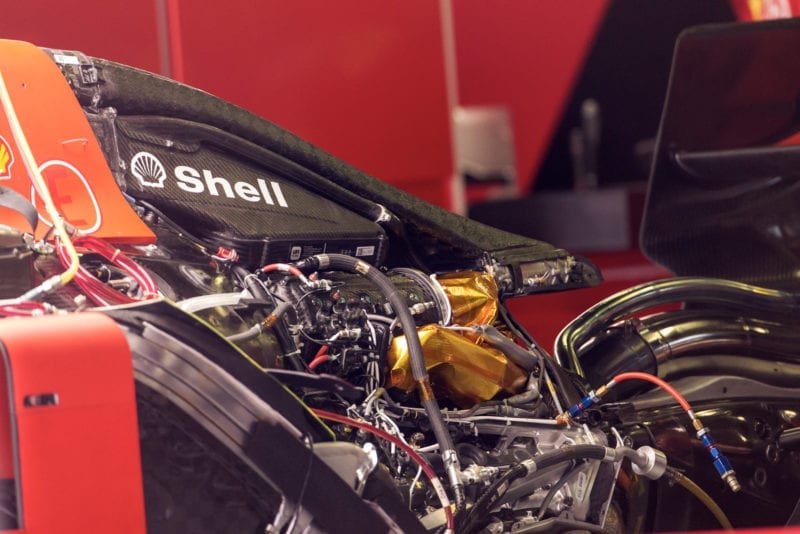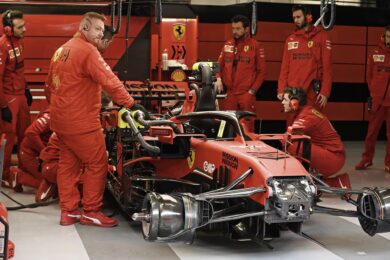Why has the governing body chosen to issue a release that is at best embarrassing to Ferrari? An FIA, what’s more, headed by Jean Todt who is notoriously consensual and keen to avoid controversy in his FIA President role.
The wording stops short of confirming Ferrari was indeed cheating. But only just. The fact that ‘a settlement’ was reached implies the FIA felt something was amiss and that Ferrari understood it was compromised.
Perhaps it couldn’t be definitively proven, but the evidence was damning? But a settlement is one thing, a publicly-declared settlement quite another. This smacks of two things: that the settlement was an alternative to a legal case, with Ferrari refusing to accept a sporting penalty and threatening to challenge any such ruling.
That the FIA was not prepared to simply cave to Ferrari’s position by sweeping it under the carpet, which would seem to have been the easiest immediate course of action, even if setting an uncomfortable precedent for future transgressions. We may not know the specifics of the agreement but the voluntary publicising of its existence (by the FIA) when it could have remained behind closed doors suggests that there is indeed some conflict between Ferrari and the FIA.



